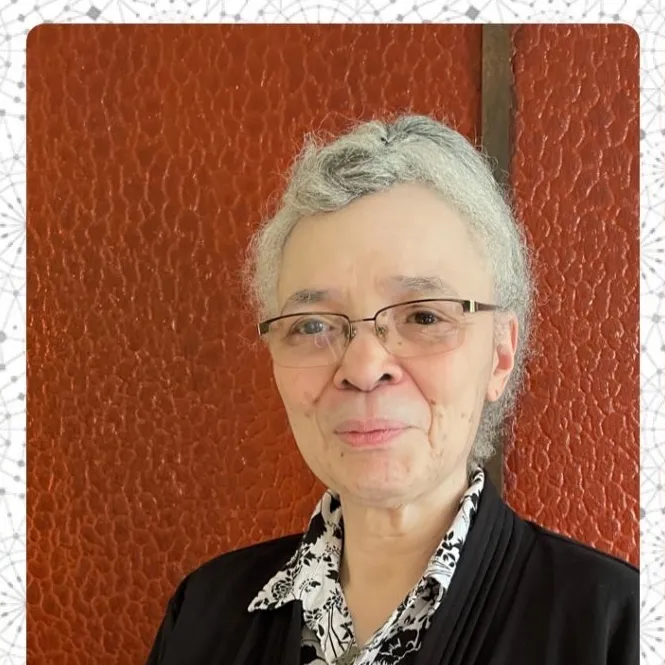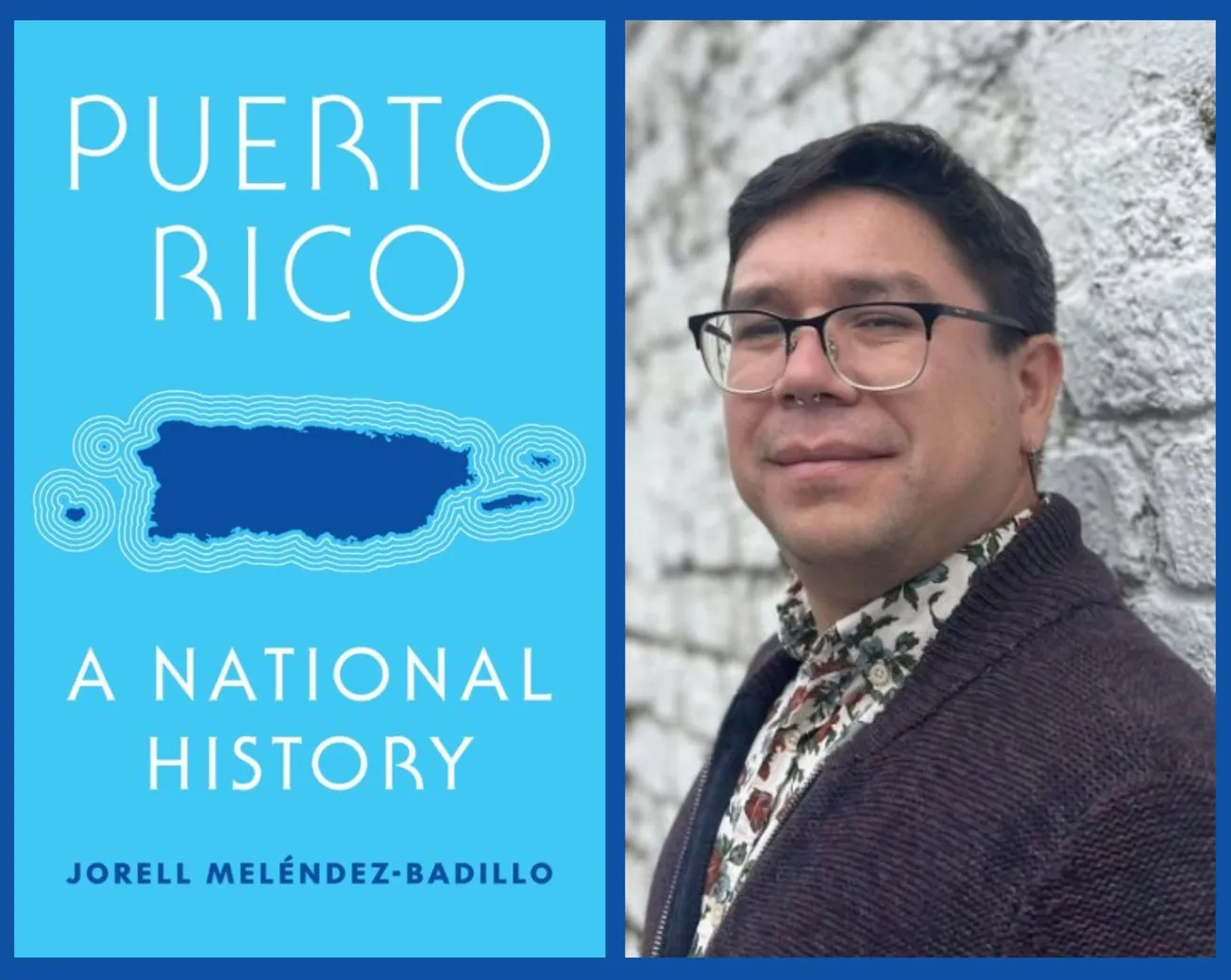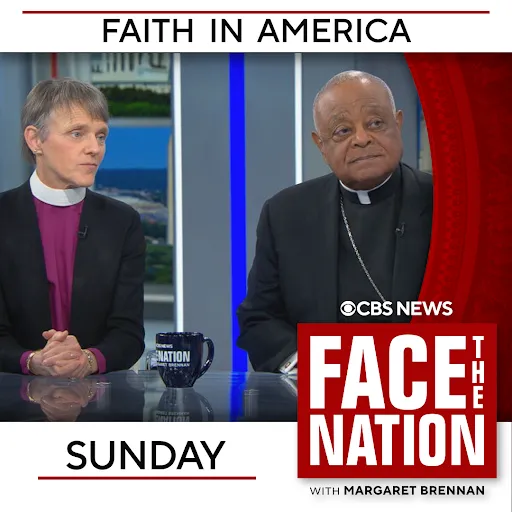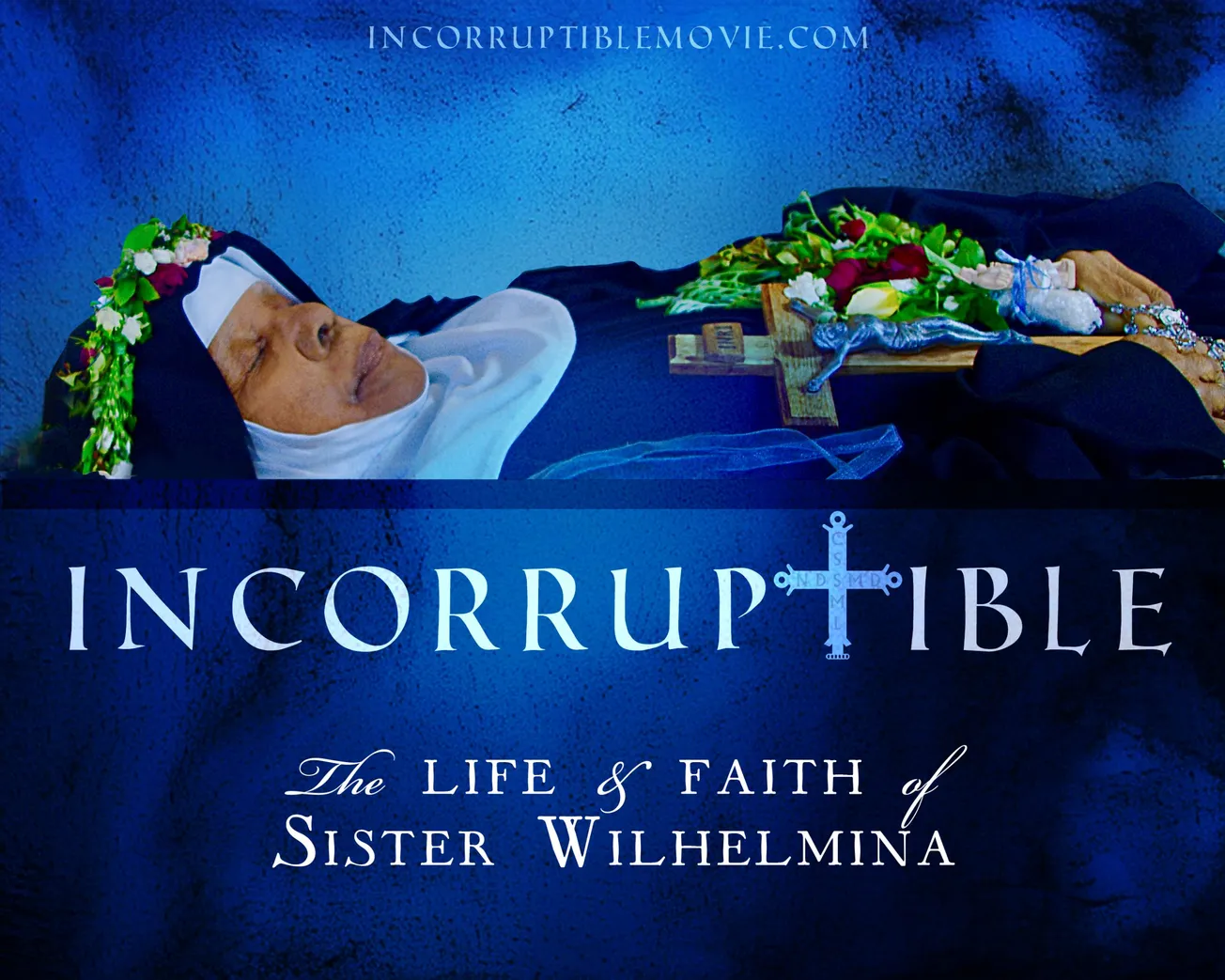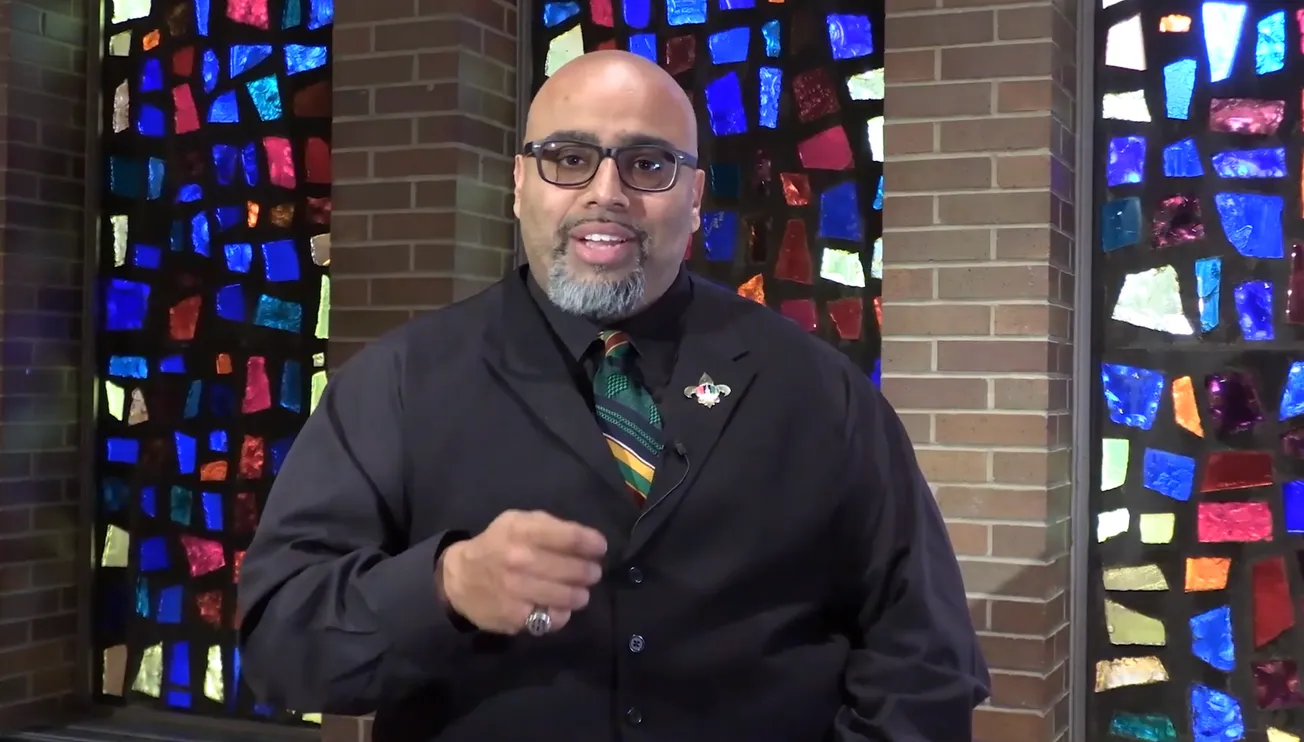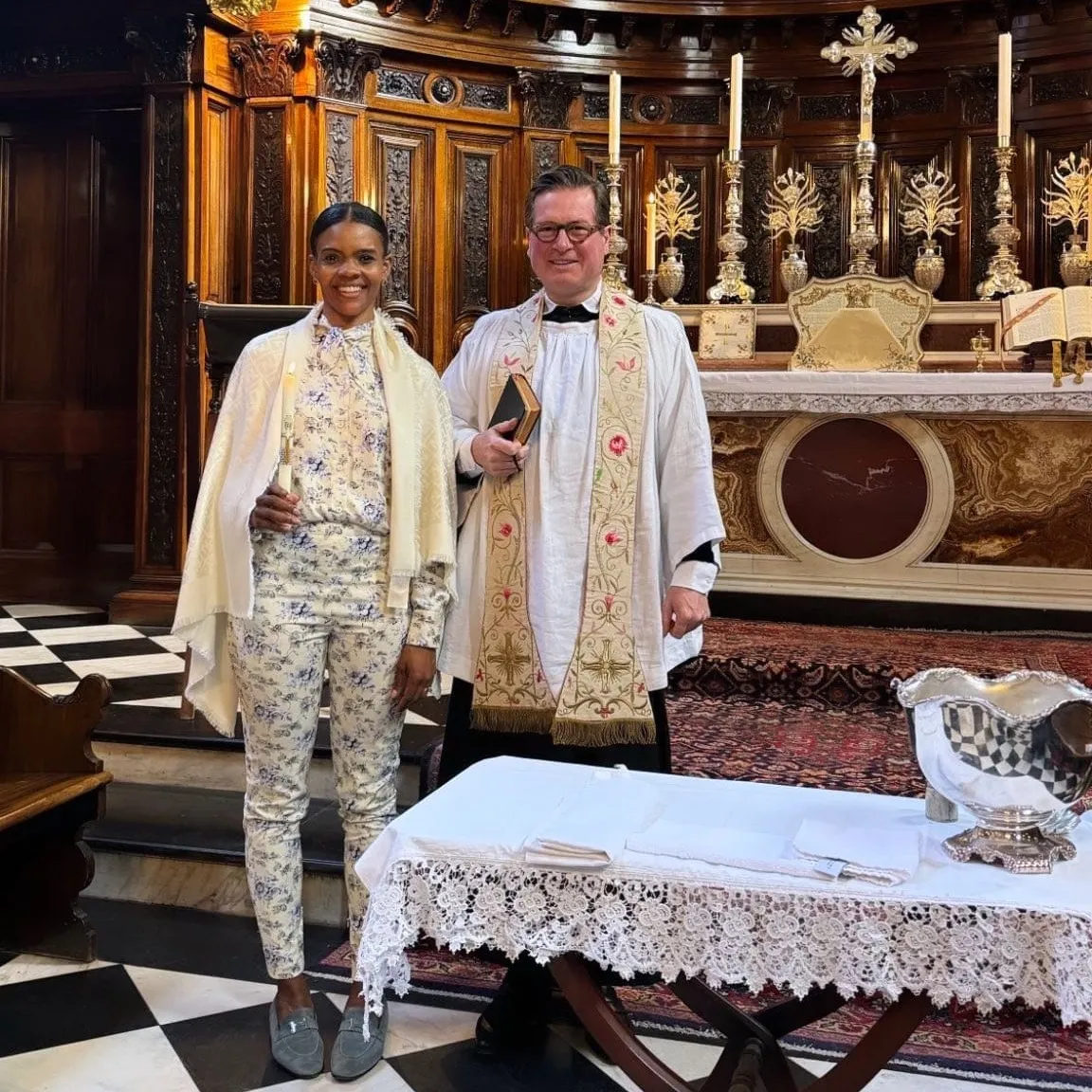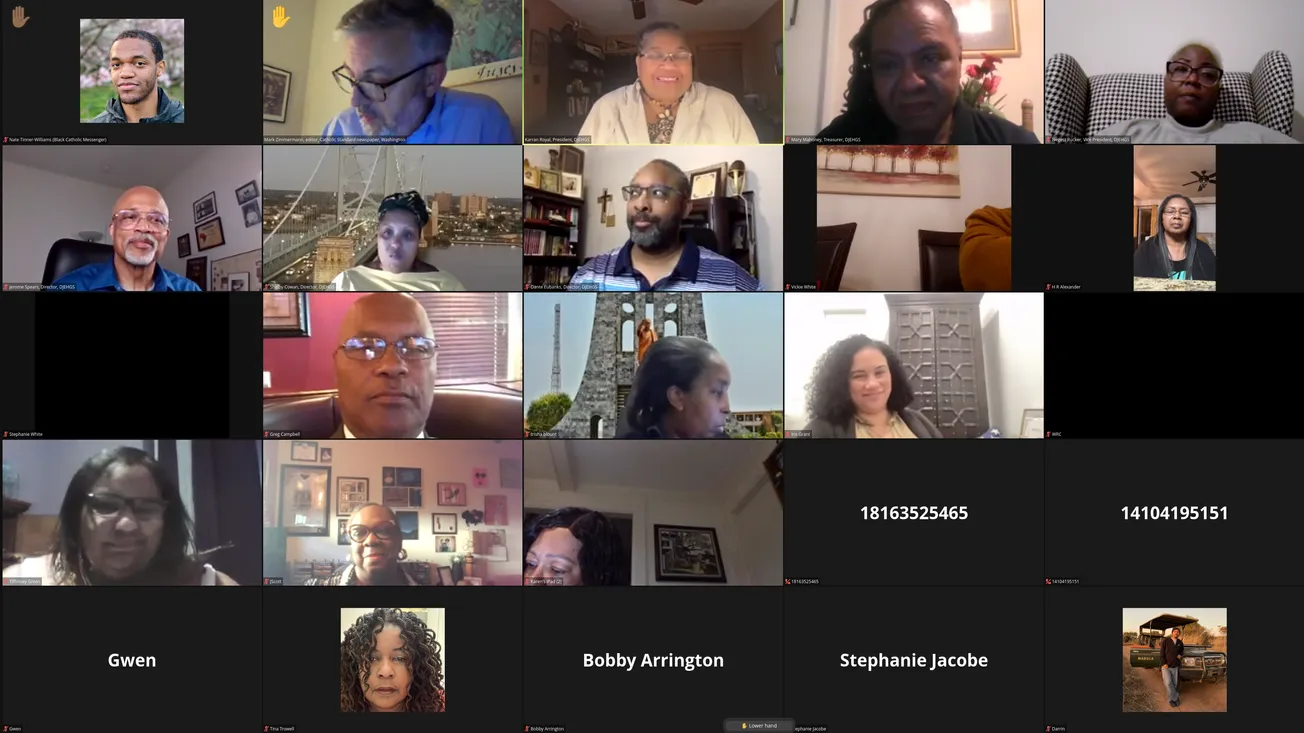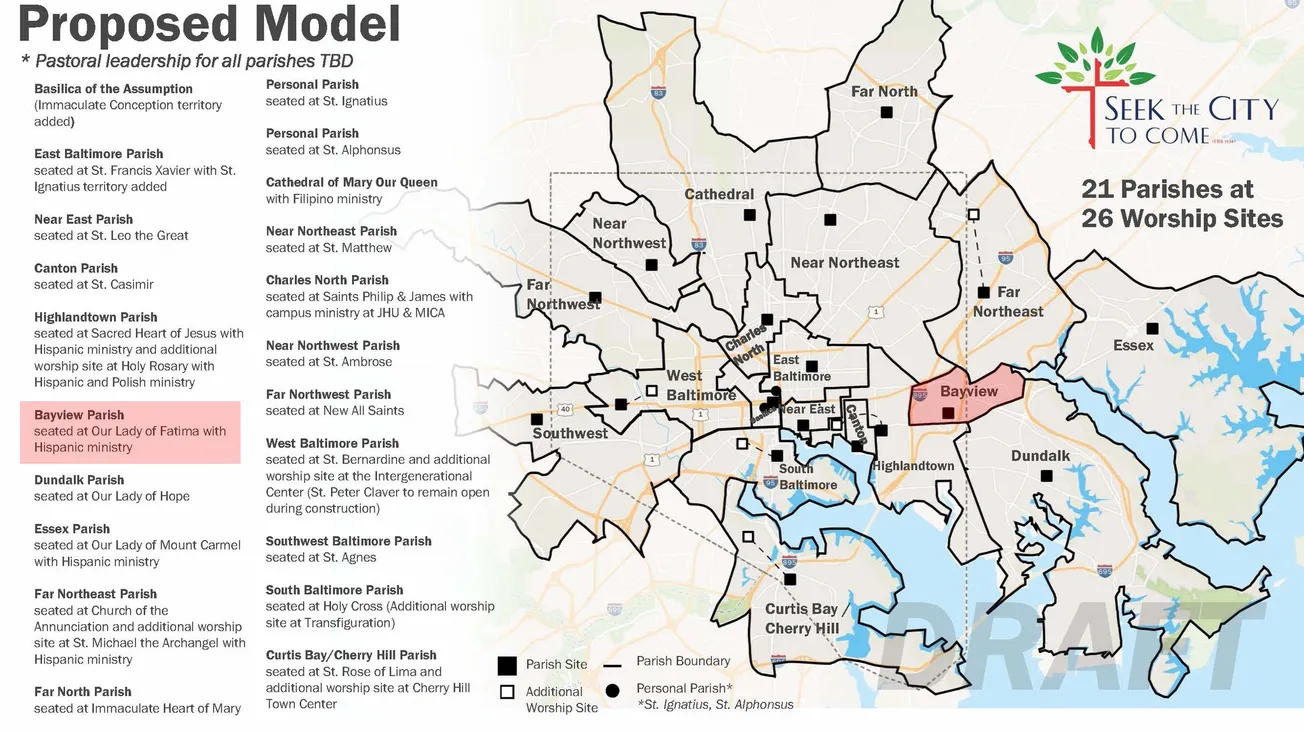In July, the Sisters of the Blessed Sacrament announced their new leadership team for the 2022-27 term, chosen at their most recent Assembly. The group includes Sr Stephanie Henry, SBS, elected as the second African-American president in the history of the order. Their founding dates back to 1891, shortly after Philadelphia heiress St Katharine Drexel accepted a call from Pope Leo XIII to become a missionary religious sister to African and Native Americans.
The order continues to serve in the Black and Indigenous communities to the present day, and President Henry sat down with BCM this week to discuss her new role, the work of the sisters, and much more.
Nate Tinner Williams: The Sisters of the Blessed Sacrament have been serving in the Black and Native American community now for over 130 years. What does it mean to become the order’s second Black superior?
Sr Stephanie Henry, SBS: The Sisters of the Blessed Sacrament (SBS) have a long history of services as educators, both founding and operating elementary and secondary schools and Xavier University of Louisiana. Through all these endeavors the congregation was helping to form leaders in the African-American and Native American communities. Nonetheless, the SBS were not fully open to accepting vocations from among the people whom they served. This remained true until the late 1950s.
However, our SBS history has not been static. When I entered in 1978, I met a congregation that included both African American and Native American Sisters though I believe that the sisters of color made up about 10% of vowed members. Nonetheless, my experience was that of being affirmed and recommended to serve on various committees. I grew in confidence and leadership skills through congregational service and my ministries. I believe that the sisters elected me because of a potential they saw in me to serve the congregation at this time in its history. My being the “second Black superior” is not the current language or mindset of the Sisters of the Blessed Sacrament. Nonetheless, I accept that there is a special responsibility to use the gifts of my African-American heritage to benefit not only the SBS but also my people.
NTW: I’ve heard your second-in-command, Sr Theresa Chato, SBS, is the order’s first Native American vice president. How have the sisters worked to achieve more diverse representation in leadership?
SH: In reality, “second-in-command” is not our congregational perspective for the sister who is vice-president. While she will become president, if something happens to me that prevents me from fulfilling the duties of office, in the daily operations of the congregation, the vice-president is a member of the SBS Leadership Team which also includes the president. There are two councilors who also serve on the Leadership Team. Many matters of the congregation are decided through consultation and deliberation among the team. There are differences in roles, but we try to use collegial and contemplative processes for decision-making.
Again, I do not believe that Sr. Theresa Chato was elected vice-president because she is Native American. There is now openness to the giftedness and diversity that each sister brings to the congregation. Sr. Theresa previously served as councilor on an earlier Leadership Team. She has remained actively involved in the life of the congregation through service on committees and ministries in the Southwest. Her heritage as a Native American blesses the spiritual and liturgical life of the congregation.
NTW: Your background as a college educator began in 1991 at Xavier University of Louisiana, which your order founded as the nation’s first Catholic HBCU, and on whose board you serve. How are the sisters maintaining their presence in the world of education for the Black community?
SH: I have been an educator since 1973 when I graduated from Rosemont College in Pennsylvania. Before becoming a chemistry instructor at Xavier, I was a secondary science teacher in Philadelphia and in New Orleans. My teaching experience included both public and Catholic high schools before I entered the SBS in 1978.
Currently, we still have two Sisters of the Blessed Sacrament teaching at Xavier. We have a few sisters still actively teaching as tutors since their retirement from full-time teaching. A few sisters are serving on the Boards of St. Michael Indian School and Xavier. Ours is an aging congregation with only one member younger than 60. Therefore, our former presence in the world of education cannot be maintained. We need to develop a way to extend our legacy as educators into the future.
What that will look like is part of the work that the new SBS leadership team needs to help the congregation work on.
NTW: You also have experience in healthcare. What is the role of the Catholic Church today in serving the poor and marginalized in that field?
SH: The Catholic Church remains an advocate for equitable, quality health care for the poor and marginalized. For example, in the Catholic nursing home where I ministered as a pastoral care associate, residents could be admitted and even retained without financial resources. This would rarely happen in privately owned non-religious institutions. Yet, this stance brings ongoing risks regarding financial sustainability. Religious-run health facilities are also experiencing challenges with decreased vowed vocations. Some are compensating for this by becoming more intentional and deliberate in delivering in-service training and spiritual activities to help form staff in the ethical values of the founding congregation.
NTW: The intersection of faith and science has long been controversial, and perhaps especially so in the midst of the ongoing COVID-19 pandemic. With your graduate-level background in this field, what would you say to the Catholic struggling to balance these two important topics?
SH: To me, faith and science are not incompatible. My knowledge of science has strengthened my faith in God rather than weakening it. For example, in my chemistry studies I learned that one of the laws of thermodynamics said that all things tend toward chaos. Yet, the theory of evolution suggests a growth in complexity and ordering of cells over time. This implied a force needed to overcome chaos. If thought of in a literary fashion, could not these scientific “explanations” or theories be interpreted as another pathway to understand the Genesis account in the Bible?
A greater struggle in science may be whether what is possible to do in the laboratory is morally ethical or responsible to do. The benefit of being grounded in faith is that our choices have a guidepost that challenges our sliding into expediency for the sake of personal gain. Catholic colleges and universities have a key role in assuring that spiritual reflection and development occurs that will assure an internal dialogue between the science of this world and spiritual realities. Education of both body and soul is necessary.
NTW: What is your overarching vision for your tenure as SBS president?
SH: The theme of the SBS Assembly in which I was elected was, “In Communion, we embrace God’s promise.” That speaks to my vision for my term as SBS president. I am to seek to be in communion (dialogue) with others, both within the congregation of SBS and outside. The Sisters of the Blessed Sacrament want to increase their connectedness and partnerships with others to promote racial, social, and ecological justice. Deepening communion with others will be a counter-cultural sign in our American society that currently is so divisive.
These are challenging times both within and beyond our congregation. Aging does not excuse us from engagement. Yet, the focus of our engagement needs to be as torch-passers to those with the physical vigor to carry the light into new frontiers. God’s promise is for all ages. In communion, we embrace God’s life-giving promise.
NTW: If your order’s founder, St Katharine Drexel, were still alive on earth today, what do you think her message would be for the world?
SH: “Let us open wide our hearts. It is joy which invites us. Press forward and fear nothing.”
This quote of St. Katharine Drexel is for all ages and all times. We are called to open our hearts to God and to other people. God is inviting us to joy. Responding to God and caring for others brings joy. When we have open hearts filled with God’s love, we can move into the future with compassion and mercy for all we encounter. There is no need to be overwhelmed by fear. We are not alone.
(Be sure to tune in online on Saturday, October 8th at 5pm ET for a virtual event with the SBS sisters, celebrating the work being done around the country “in the footsteps of St Katharine Drexel.”)

Nate Tinner-Williams is co-founder and editor of Black Catholic Messenger, a seminarian with the Josephites, and a ThM student with the Institute for Black Catholic Studies at Xavier University of Louisiana (XULA).


